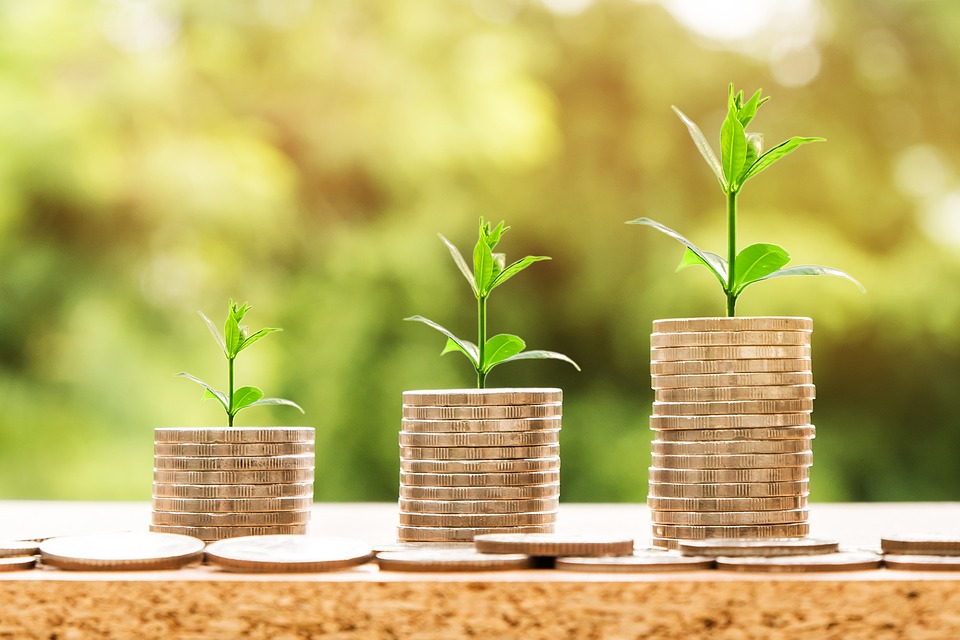Sustainability
Circular economy: the best ally in environmental commitment

Increasingly more forums and companies are discussing and implementing the circular economy concept. The aim of this model is to redirect and redefine a company’s growth, allocating resources and efforts to obtain positive benefits across society.
This economic concept involves opting for renewable energies and a circular model that works towards creating natural, economic and social capital. But how can companies develop this business model?
Many have already implemented waste management designed to address the growing level of enduring pollution affecting large cities. Another key factor is extending the lifespan and improving the durability of a company’s materials and products. This will improve the environment surrounding humans in their day-to-day work and social lives.
The circular economy and commerce
The circular economy is generating opportunities in different sectors and various market niches. This, in turn, results in environmental and social advantages.
The circular economy is most frequently applied in the context of renewable energies and resources, although these are not the only areas. Thanks to strategic plans based on the restoration and recovery of materials, companies are recycling, repairing and reusing equipment, machinery, and so on.
When did the circular economy concept emerge?
So when did the concept first come about? Many say that the idea has an ancient origin, possibly even in early philosophical schools. Other authors argue that it was cultivated in the industrialised nations during the 1950s.
In today’s society, with the arrival of digitalisation and the Internet of Things, the circular economy can benefit from an increase in virtualisation, de-materialisation, transparency and feedback.
Durability and renewal Large companies in dozens of sectors have already incorporated an advanced after-sales service for their products and services. The throwaway society is being transformed into one that prefers to renovate equipment and materials. This means customers can obtain a high-quality, sustainable product overseen by the company, providing high standards in quality, the level of demand and maximum guarantees.
Companies like Manusa work in a sustainable way and with the desire to leave future generations a better world. Whether in products such as automatic doors in sectors such as horeca or retail; or in industrial high speed doors for factories and large companies, the care of the environment is an essential objective.
